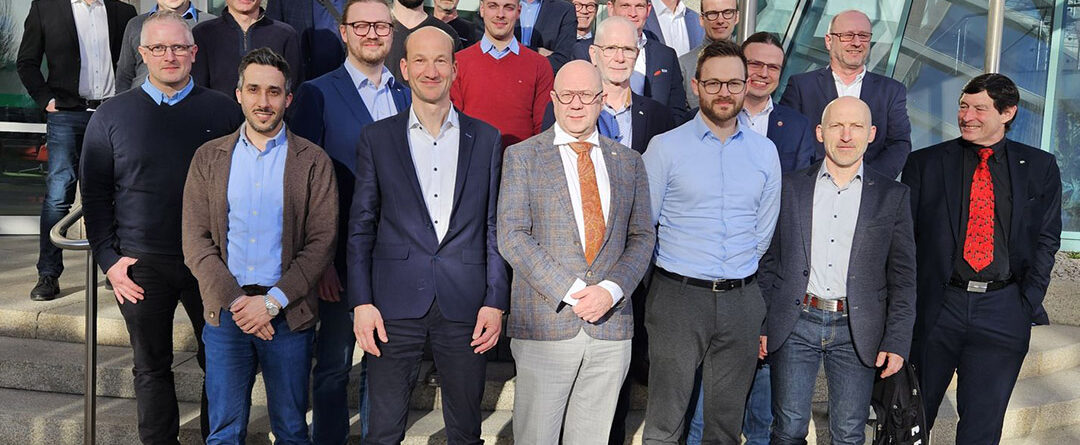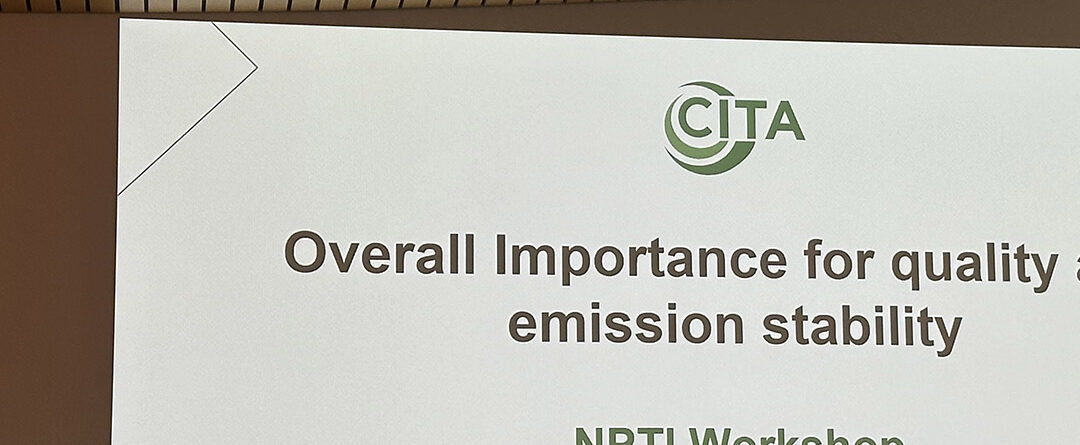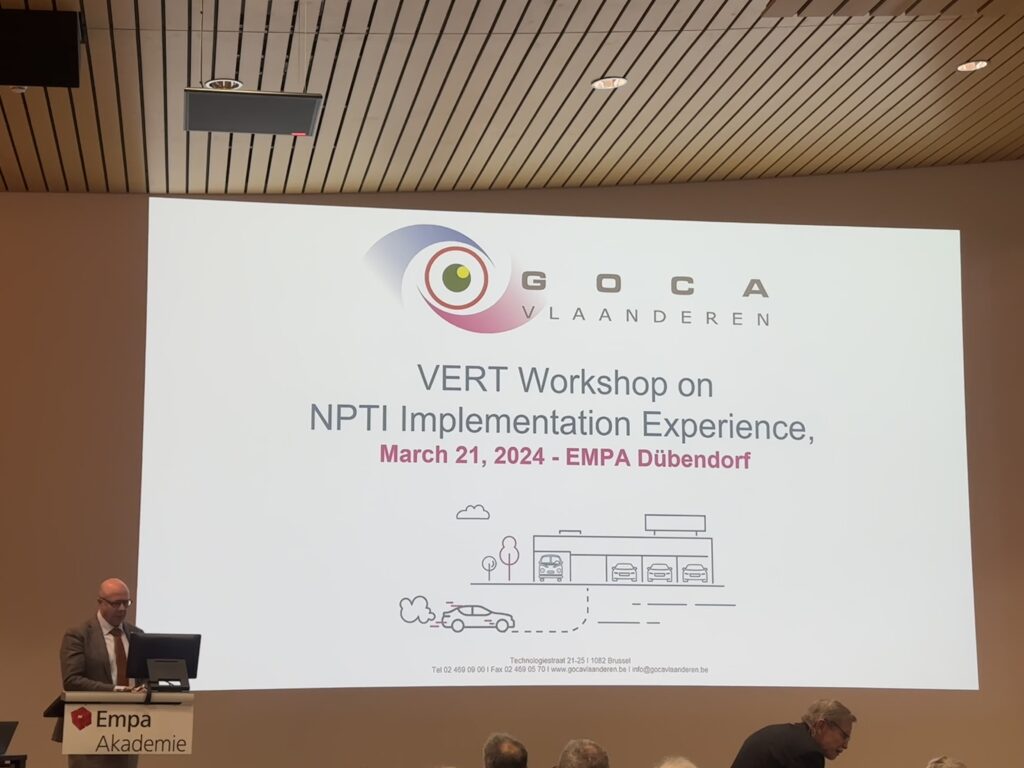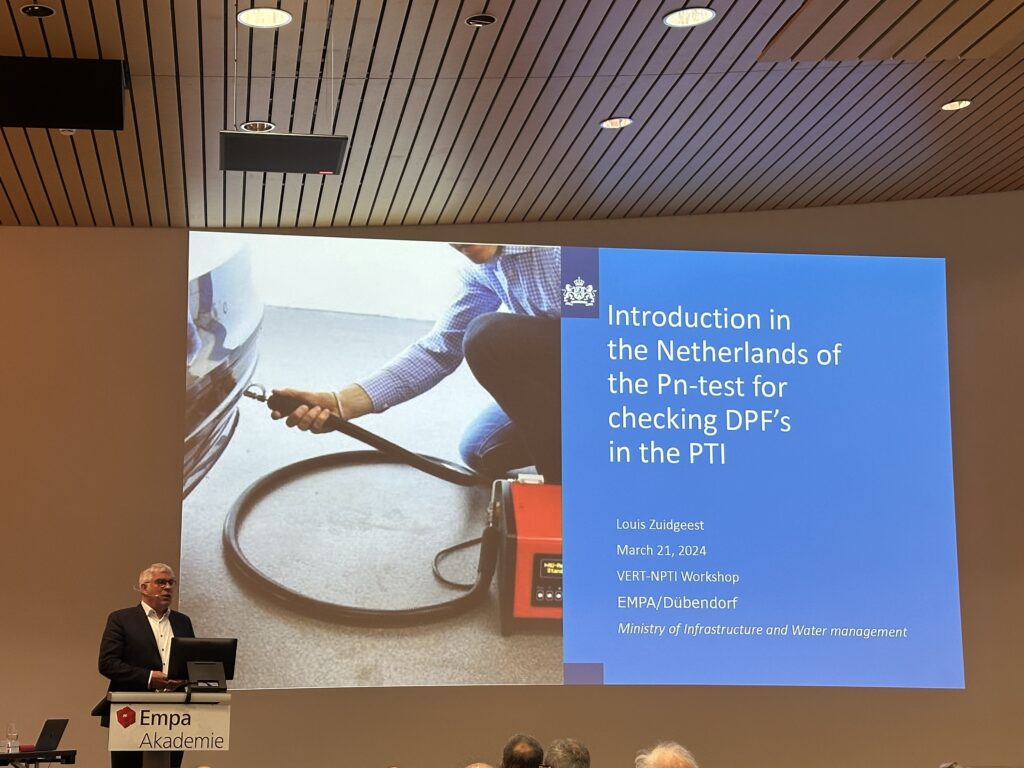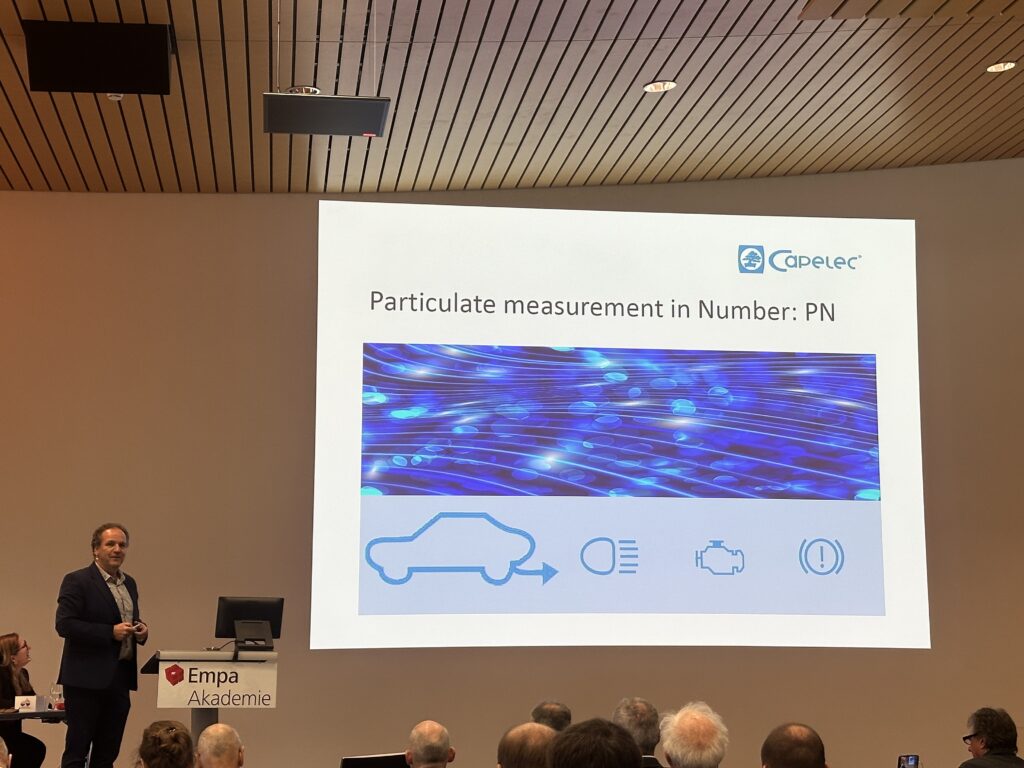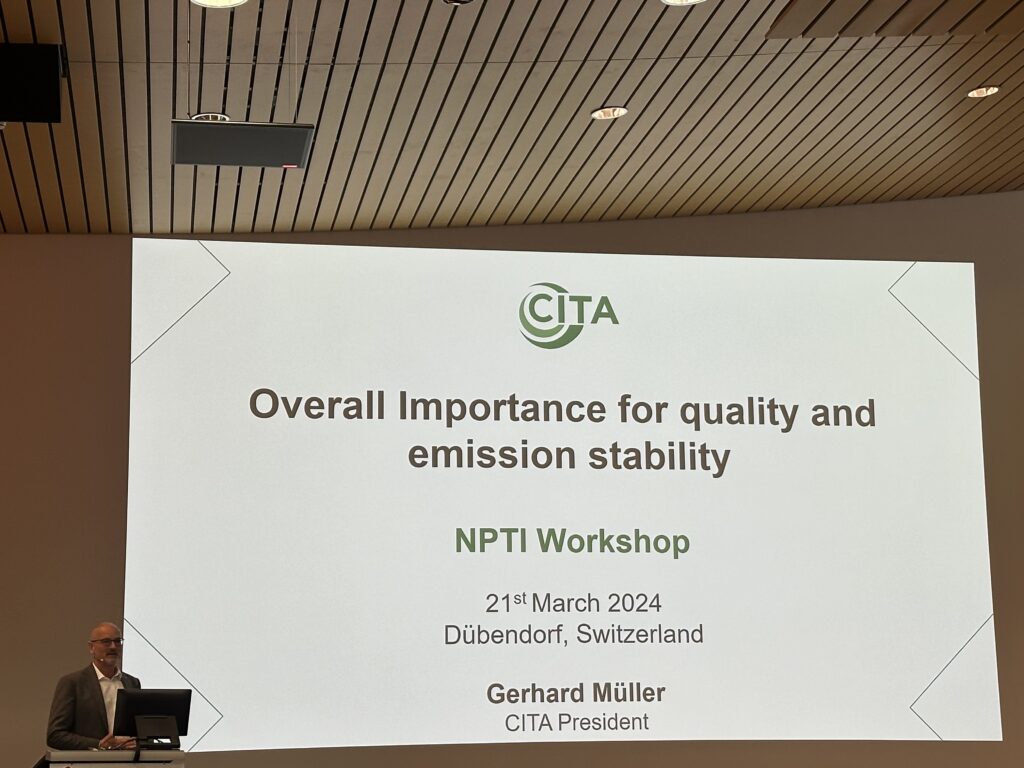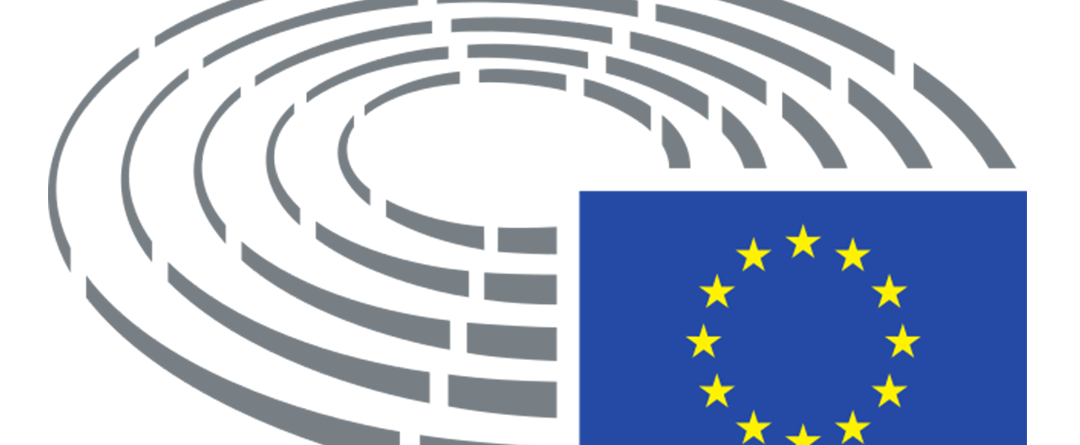CITA Topic Area D and E meetings in Stuttgart
In late March 2024, hosted by DEKRA in Stuttgart, Germany, CITA members met together for the Topic Area D and E meetings.
The meeting on Environmental Protection Systems (Topic Area D) on March 26, 2024, focused on pivotal developments in particulate number (PN) measurement techniques and nitrogen oxides (NOx) testing methodologies. The session opened with an insightful overview of PN measurement in Belgium, tracing the evolution of this critical environmental monitoring technique. Following this, the spotlight turned to the Netherlands, where participants were briefed on the country’s achievements and challenges in PN measurement throughout 2023.
A significant highlight was the introduction of Particulate Number Measurements in Germany, marking a vital step forward in the nation’s environmental protection efforts. Furthermore, the collaboration between the Joint Research Centre (JRC) and CITA resulted in the validation of a method to test NOx levels, a breakthrough in emissions testing. Attendees were also treated to a practical demonstration, offering a hands-on look at the innovative method for NOx testing, emphasizing the practical application of these advanced techniques.
The agenda on March 27 began with an exclusive technical visit, offering members a rare glimpse into DEKRA’s Calibration Laboratory for PTI equipment and a PTI station. This visit not only showcased the cutting-edge facilities at DEKRA but also highlighted the meticulous process behind the calibration and maintenance of PTI equipment, essential for ensuring the accuracy and reliability of vehicle inspections.
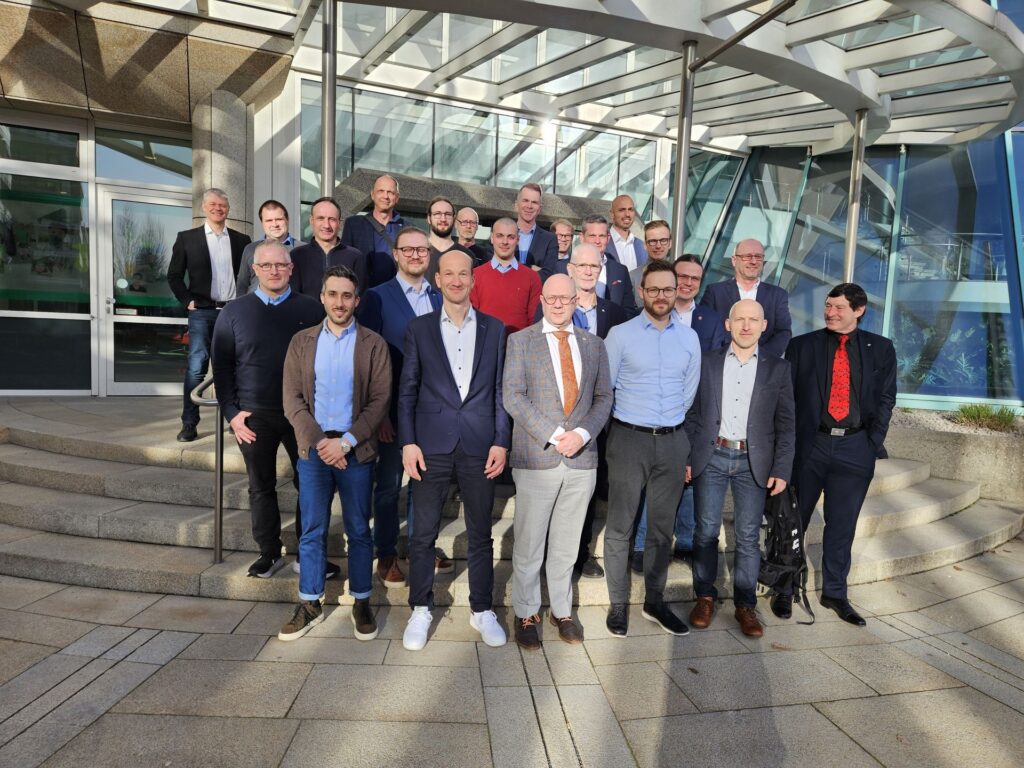
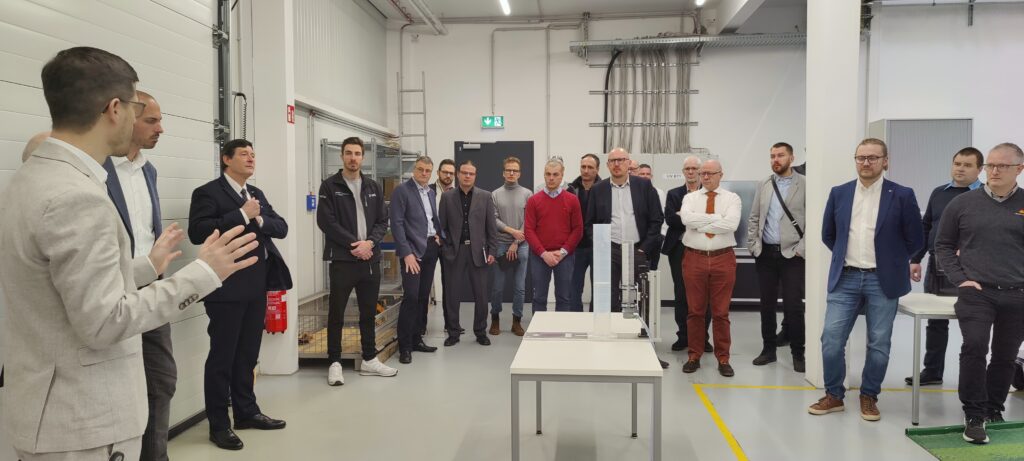
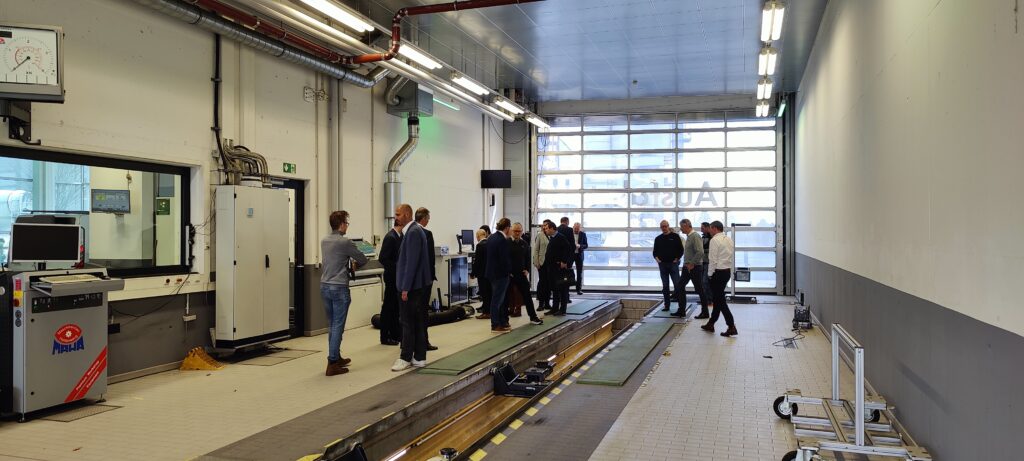
The afternoon session on March 27 delved into Topic Area E, focusing on Quality, Training & Confidence. This part of the meeting addressed the imperative of data collection during PTI in the Netherlands, a cornerstone for enhancing inspection quality and vehicular safety. From Norway came insights into the training needs for electric vehicles (EVs), reflecting the growing shift towards electrification and the necessity for specialized knowledge in this rapidly evolving sector.
Moreover, practical experience with the performance of reinspection in Slovakia was shared, offering valuable lessons on the importance of rigorous quality control and the role of reinspection in maintaining high standards of vehicle compliance.
The hybrid meetings hosted by DEKRA in Stuttgart were more than just a gathering of CITA experts; they were a testament to the collective drive towards a more environmentally friendly and quality-focused PTI industry. By bringing together diverse perspectives on environmental protection systems and quality assurance, these meetings laid the groundwork for future innovations and collaborations.

